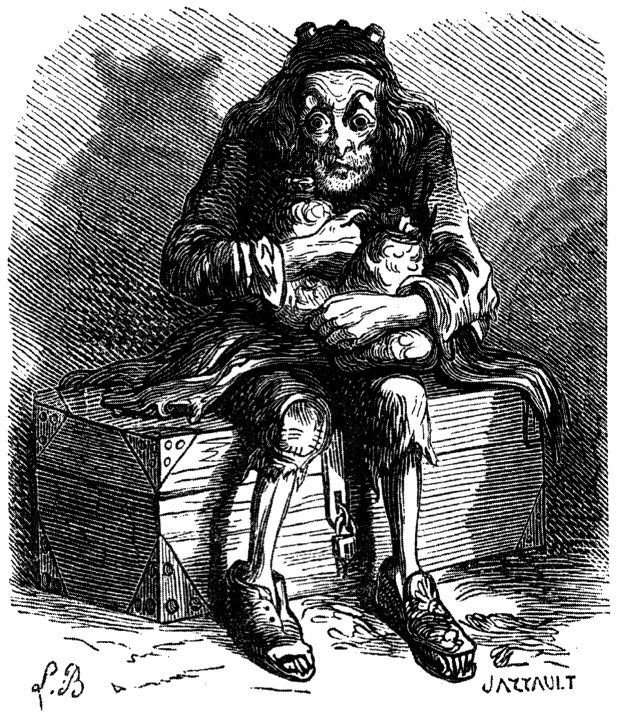At first glance the Gospel today can leave us perplexed. It seems that the rich man about to fire his untrustworthy steward is congratulating him for the very thing for which he is being fired. In another parable of Jesus we see a master forgiving the debt of his steward (Matthew 18:21-35), but there’s no forgiveness going on here: the prudence that the rich man is acknowledging in his soon-to-be-former steward is the astuteness with which he saves his own skin at the expense of his soon-to-be-former boss.
In Jesus’ time usury, an immoral marking up of the value of goods, was done by doctoring invoices. The bills in those days never said, “50 measures of oil, plus a 50 measure ‘service fee’”; they just said, “you owe 100 measures of oil.” By doctoring the billing in this way, the rich man, with the help of his steward, was making a tidy profit while hiding his usury. When the steward sees he’s on his way out, he closes the books at their real value, not at the marked-up value benefiting his master: he’s turned the tables on his master in a way that wins him friends for his impending unemployment, and in a way in which his former master can’t touch him.
However, Jesus reminds us today that you can’t buy friends. Friendship based on what someone gains me is not true friendship. Maybe the steward will bounce around from “friend” to “friend,” but who is going to trust him knowing what he did to win their friendship? Dishonest wealth fails. Friendship is based on trust. As Jesus reminds us in the Gospel today, trust is something that has to shine in all our actions, big and small. Trust means being at the service of the other with no strings attached. Trust means I can rely on someone when the chips are down. Real friends show themselves in times of adversity.
Whenever we look upon a crucifix, we are reminded of a friend we’ve always been able to rely on, even when many times we haven’t returned the favor. The apostles, after so much quality time with Christ, abandoned him, but he didn’t turn the tables on them: he shouldered the burden and paid our bill with his life so that we would have eternal life, no strings attached. He could have just closed the books and left us all out in the cold.
When our friendship with Christ costs us, we might turn the mind’s eye back to that cross and say some strings were attached. Living a Christian life is not easy in this world, being considered a believer for many is being considered deluded and naive, but when we take flak for being Christian, it helps us see who our real friends are, and reminds us of something amazing: God himself wants to be our friend. He wants to break down those barriers of distrust between us. He doesn’t want to be some far off deity on a high mountain or among the stars, detached from the events of his children. He became man to show us his eternal friendship toward us and to restore it after we rejected it through sin.
So as we look upon that crucifix, remember that in good or in bad, sickness or health, Christ will give you us the strength to trust and support each other. Let’s live that trust with all our strength, in little things and in big ones. Let’s always rely on Christ, and always help each other to live a true friendship with Him.
Readings: Amos 8:4–7; Psalm 113:1–2, 4–8; 1 Timothy 2:1–8; Luke 16:1–13. See also 31st Week in Ordinary Time, Friday and Saturday.

